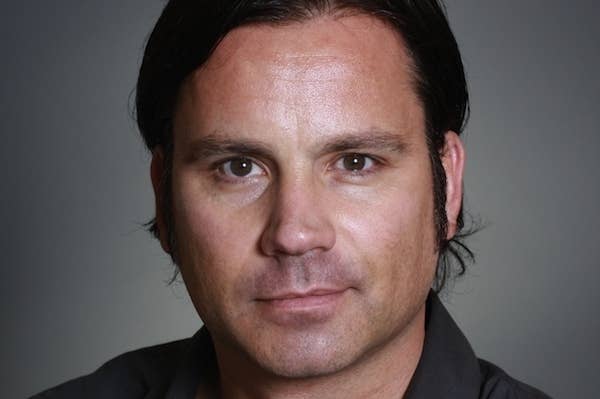EA mobile boss: Freemium haters a "vocal minority"
Nick Earl says market has spoken in favor of free-to-play, no premium mobile games on his 2013 schedule
There's a vocal contingent of gamers online who don't appreciate free-to-play business models, but their complaints are being drowned out by customers speaking with their wallets, as far as EA is concerned. Speaking with GamesIndustry International at last week's Game Developers Conference, EA All Play senior vice president and general manager Nick Earl gave that feedback as one of the reasons he's pivoting sharply toward free-to-play models instead of the pay-once "premium" business model.
"The market has spoken very loudly that that's the model they like," Earl said. "Even though there's some vocal minority that don't like it, ultimately the numbers would show that they and others all support the freemium model better."
"Even though there's some vocal minority that don't like it, ultimately the numbers would show that they and others all support the freemium model better."
Nick Earl
Earl pointed to the company's Real Racing 3, which upset some gamers for the way it incorporated in-app purchases. While there was vocal criticism online, Earl noted the free-to-play game's four-and-a-half star average customer review on iTunes with nearly 40,000 people having rated the title.
"I think initially they were a little bit annoyed because the all-you-can-eat model makes sense for them," Earl said. "That's the kind of people they are. But at the end of the day, they're going to pay to eat, if that's their choice. And they're happy doing it."
While the company tries to balance business results with customer satisfaction, Earl said, "At the end of the day you kind of have to look at real numbers. The old proverb, 'You can't please all the people all the time' is just so true."
As a result, EA is focusing heavily on the free-to-play market. Earl said his label accounts for up to 80 percent of the mobile titles EA releases, and that he has no plans to release anything premium this year. While he doesn't expect the all-you-can-eat approach to go away completely, he did say it would continue to lose ground to free-to-play efforts.
Beyond that, Earl's current mandate for the mobile side of game development is "fewer, bigger, better." That's the same approach EA took four years ago with the packaged goods side of its business, devoting resources to projects to try and improve not just the quality of games, but also their ability to meet scheduled release dates. When asked if that's the right approach to take in light of the company's struggles and the recent resignation of CEO John Riccitiello, Earl described it as an investment that's about to pay off.
"The stock price over the last four years is probably less about the quality of games and more about a changing industry that we were arguably a little late to adapt to."
Nick Earl
"The stock price over the last four years is probably less about the quality of games and more about a changing industry that we were arguably a little late to adapt to," Earl said. "Over these four years, we have rebuilt our infrastructure and changed our culture. We have very much become a company that is truly in transition to be a fully digital one. And the numbers show that as the overall mix was changing across the industry and our numbers were not in aggregate showing growth, the stock price reflected that. I would argue that this strategy will pay off over the next four years. And it was kind of a painful four years to get ready. Sort of like getting ready for winter, we found the nuts and squirreled them away. And now we will see the dividends of that work."
However, there is still work to be done, and Earl doesn't pretend EA has the mobile world completely figured out just yet. For instance, the company doesn't have enough data on historical conversion rates to judge whether audiences are embracing it more. Anecdotally, he said there has absolutely been an increase in the percentage of the audience who makes purchases in freemium games, but it still appears to be dependent on genre, and even platform. For example, core games have higher conversion rates than casual games, and casino games tend to do better on Android. Earl said it's tough to pinpoint why one type of game does better on one platform, but he did say the markets are trending toward one another. As a result, he expects performance to homogenize across Android and iOS in the next year or so.

